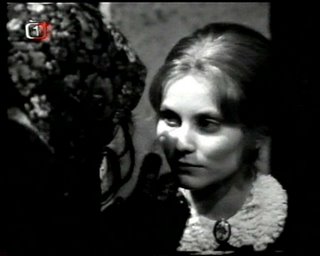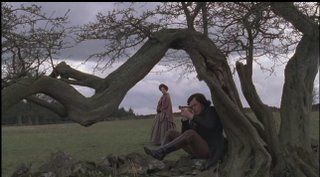Reminder About Air Dates for Jane Eyre 2006
Here's a brief reminder that the most accurate information will be available from your PBS station's schedule, as each station's air dates will differ. Here is one for the KQED station, for example. (This station covers northern California):
Jane Eyre - Part One (#3701) Duration: 1:56:46 CC Stereo DVS TVPG
After a wretched childhood, Jane Eyre arrives at Thornfield Hall to take over her duties as a governess. She soon falls in love with the brooding owner of Thornfield, Mr. Rochester. However, as Jane gradually wins his heart, her integrity and independence are pushed to the limit when Rochester's dark secrets emerge from his past. In part one, Jane embarks upon a career as a governess and takes residency at Thornfield Hall, where she and Rochester become instantly attracted to each other. However, some mysterious screams, untold secrets and upsetting gossip quickly emerge, imposing some unseen barriers between Jane and Rochester -- some that they might never overcome.
Channels and Airdates
KQED Channel 9
Sun, Jan 21, 2007 -- 9:00 pm
Tue, Jan 23, 2007 -- 3:00 am
KQED Encore
Mon, Jan 22, 2007 -- 12:00 am
Mon, Jan 22, 2007 -- 4:00 am
Mon, Jan 22, 2007 -- 8:00 am
Mon, Jan 22, 2007 -- 12:00 pm
Mon, Jan 22, 2007 -- 4:00 pm
Mon, Jan 22, 2007 -- 8:00 pm
KQED Life
Sat, Jan 27, 2007 -- 9:00 pm
Jane Eyre - Part 2 (#3702) Duration: 1:56:46 CC Stereo DVS TVPG
In part two, Rochester admits he has no intention of marrying Blanche and instead proposes marriage to Jane. As their wedding day arrives, events take a turn for the worse as Rochester's previous wife makes a surprising visit.
Channels and Airdates
KQED Channel 9
Sun, Jan 28, 2007 -- 9:00 pm
Tue, Jan 30, 2007 -- 3:00 am
KQED Encore
Sun, Jan 28, 2007 -- 9:00 pm
Mon, Jan 29, 2007 -- 12:00 am
Mon, Jan 29, 2007 -- 4:00 am
Mon, Jan 29, 2007 -- 8:00 am
Mon, Jan 29, 2007 -- 12:00 pm
Mon, Jan 29, 2007 -- 4:00 pm
Mon, Jan 29, 2007 -- 8:00 pm
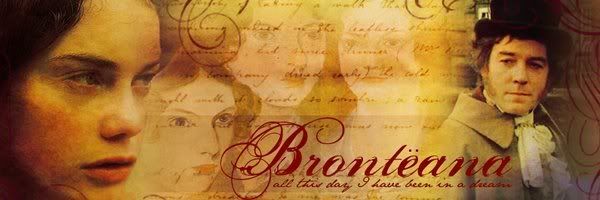







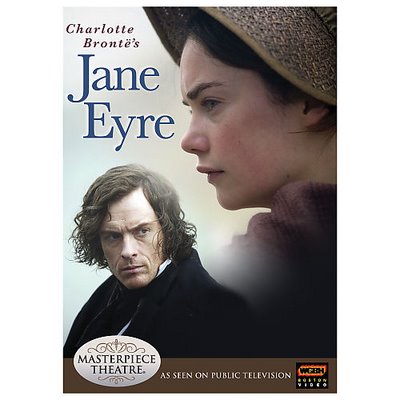
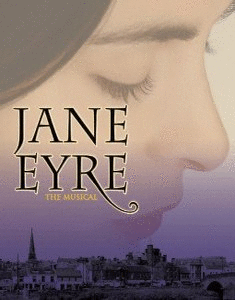
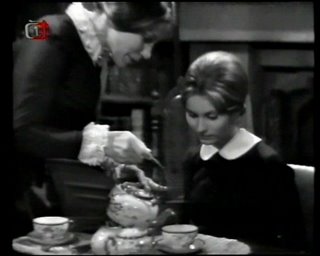 Mrs. Fairfaxova pours tea for Jana.
Mrs. Fairfaxova pours tea for Jana.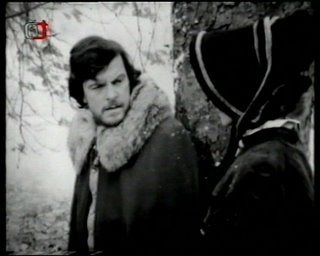
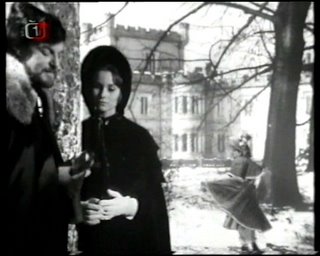
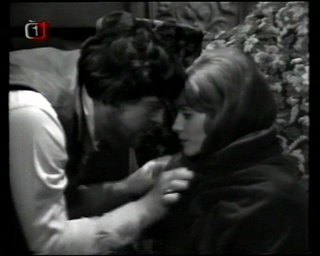 ...Keeping warm.
...Keeping warm.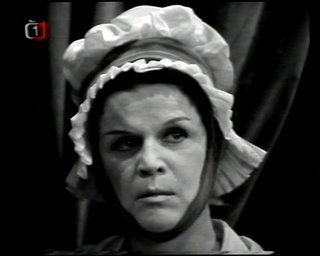
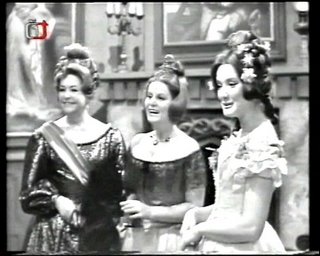 Lady, Mary, and Blanche Ingramova.
Lady, Mary, and Blanche Ingramova.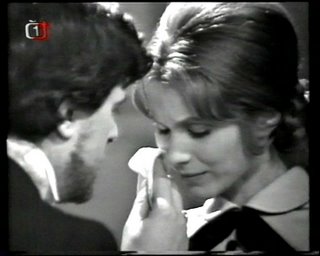 He doesn't let the tear fall to the flag this time.
He doesn't let the tear fall to the flag this time.